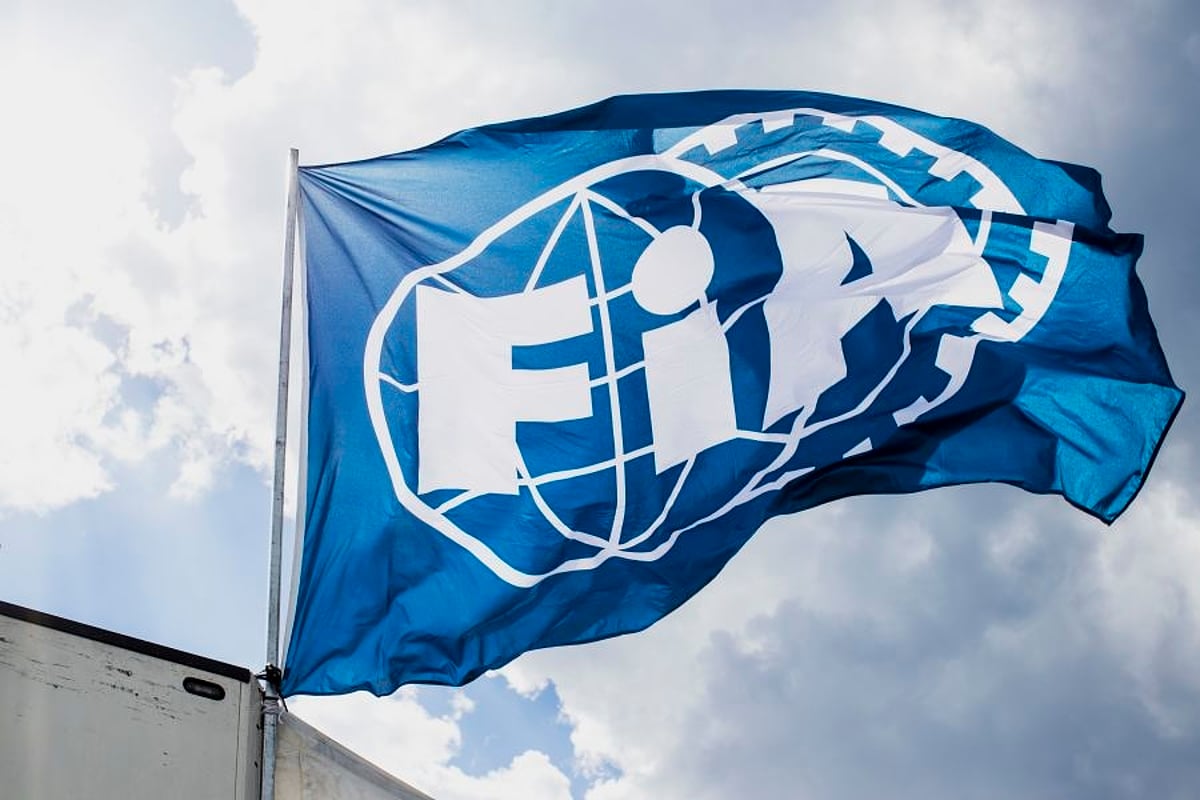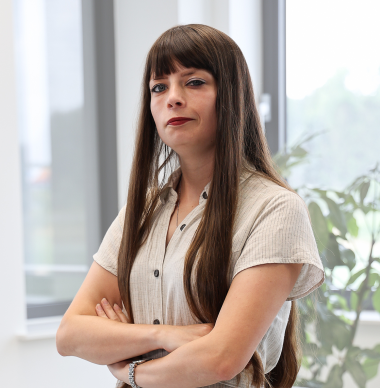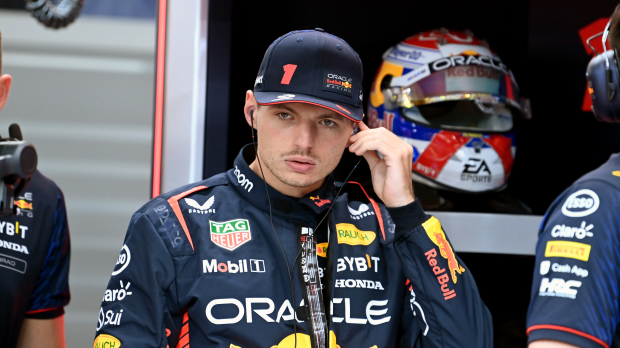
Latest News

Aston Martin
Aston Martin F1 star admits they lack 'tools to be a top team'
- 52 minutes ago

McLaren
McLaren abandon Lando Norris F1 title celebrations
- 1 hour ago

Red Bull
Former F1 boss reveals Horner 'turmoil' and what changed at Red Bull
- 2 hours ago

F1 News Today
F1 News Today: Lewis Hamilton Ferrari blame assigned as Lando Norris shares car fears
- 3 hours ago

F1 Stories
The lonely life of an aspiring F1 star, by Sergio Perez
- Today 15:42

F1 Analysis
F1 team principal signing proves drastic change is possible
- Today 14:52
Most read

75.000+ views
Christian Horner 'offering' £665million for F1 team takeover
- 30 december

7.500+ views
Ferrari announce F1 driver exit
- 2 january

7.500+ views
F1 News Today: Christian Horner contact revealed as team ‘swoop' for axed star
- 6 january

5.000+ views
The Ferrari dinner that may have just ended Lewis Hamilton's F1 career
- 30 december

5.000+ views
F1 News Today: FIA meeting confirmed as Wolff could block Horner return
- Yesterday 17:22

4.000+ views
F1 News Today: Lewis Hamilton's boss reveals 'low energy' as Ferrari driver exit confirmed
- 2 january



























 Grand Prix of Australia 2026
Grand Prix of Australia 2026  Grand Prix of China 2026
Grand Prix of China 2026  Grand Prix of Japan 2026
Grand Prix of Japan 2026  Grand Prix of Bahrain 2026
Grand Prix of Bahrain 2026  Saudi Arabian Grand Prix 2026
Saudi Arabian Grand Prix 2026  Grand Prix du Canada 2026
Grand Prix du Canada 2026  Grand Prix De Monaco 2026
Grand Prix De Monaco 2026  Gran Premio de Barcelona-Catalunya 2026
Gran Premio de Barcelona-Catalunya 2026  Grand Prix of Austria 2026
Grand Prix of Austria 2026  Grand Prix of Belgium 2026
Grand Prix of Belgium 2026  Grand Prix of Hungary 2026
Grand Prix of Hungary 2026  Grand Prix of Azerbaijan 2026
Grand Prix of Azerbaijan 2026  Grand Prix of Singapore 2026
Grand Prix of Singapore 2026  Gran Premio de la Ciudad de Mexico 2026
Gran Premio de la Ciudad de Mexico 2026  Grande Prêmio de São Paulo 2026
Grande Prêmio de São Paulo 2026  Qatar Grand Prix 2026
Qatar Grand Prix 2026  Grand Prix of Abu Dhabi 2026
Grand Prix of Abu Dhabi 2026 